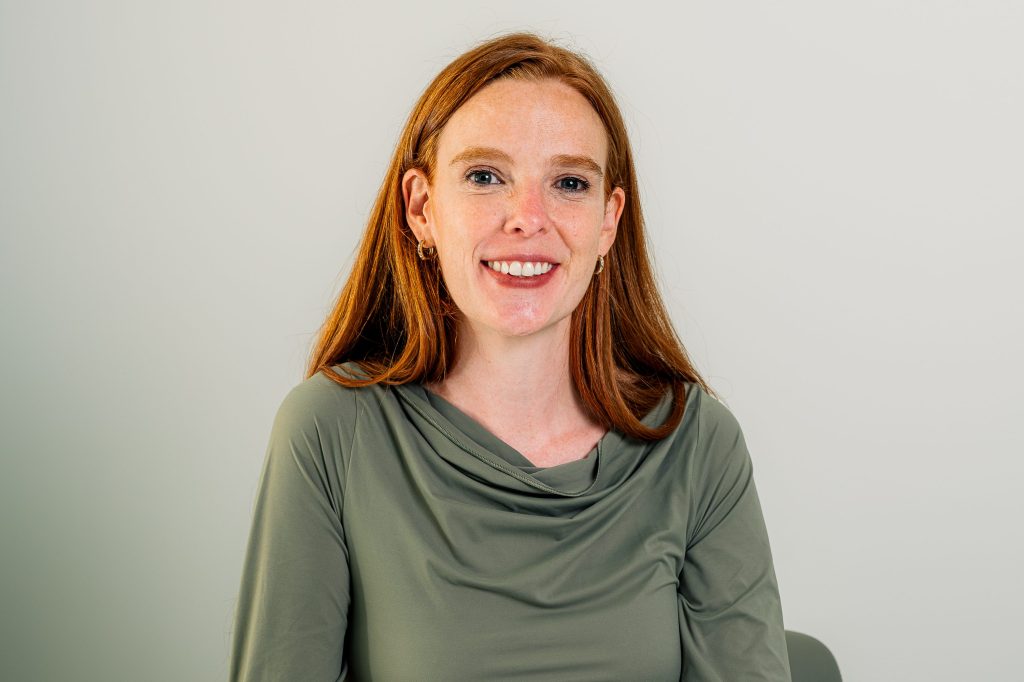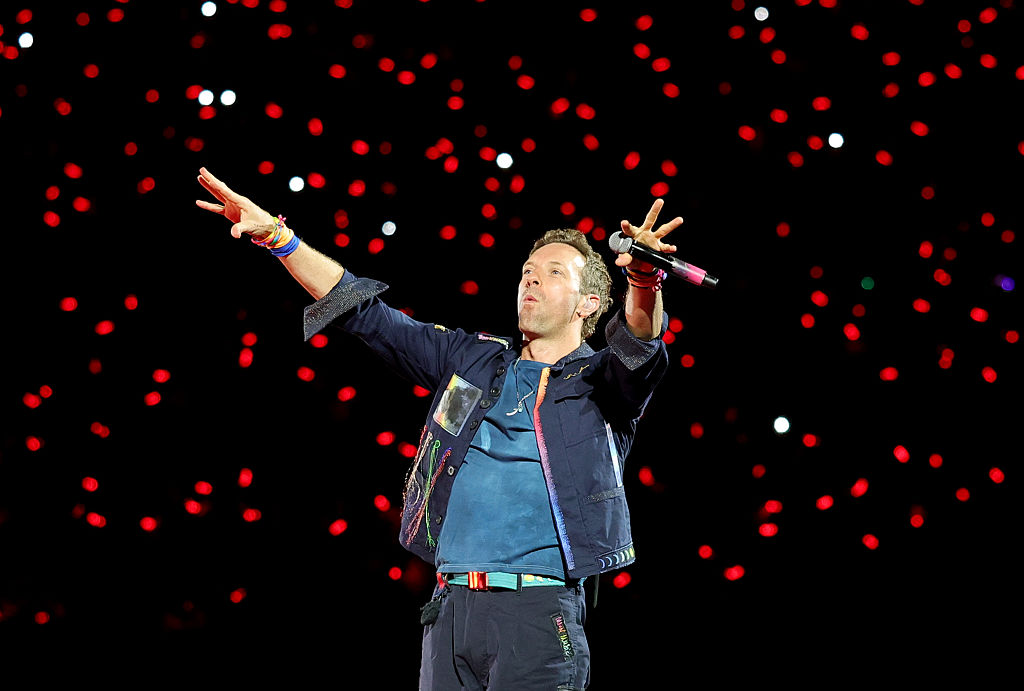In the rapidly evolving field of artificial intelligence (AI), the prevailing strategy has been to scale up large language models (LLMs) by increasing computational power and data inputs. This approach, often referred to as scaling, aims to enhance AI capabilities by building expansive data centers, some as large as Manhattan, costing billions and consuming energy equivalent to that of a small city. The underlying belief is that such scaling will eventually lead to superintelligent systems capable of performing a wide array of tasks.
However, a growing number of AI researchers are questioning the sustainability and effectiveness of this method. They argue that merely expanding existing models may be reaching its practical limits and that alternative breakthroughs are necessary to achieve significant improvements in AI performance.
One prominent voice in this discourse is Sara Hooker, former Vice President of AI Research at Cohere and a former member of Google Brain. In August 2025, Hooker departed from Cohere to co-found Adaption Labs, a startup dedicated to developing AI systems that can continuously adapt and learn from real-world experiences with high efficiency. Her co-founder, Sudip Roy, also brings experience from Cohere and Google, adding depth to their venture.
Adaption Labs operates on the premise that the traditional method of scaling LLMs has become an inefficient path to enhancing AI capabilities. Hooker critiques the scaling-pilled approach as attractive yet monotonous, noting that it has not yielded AI systems capable of effectively interacting with or navigating the complexities of the real world.
The core of Adaption Labs’ philosophy is that adaptation is fundamental to learning. For instance, when a person stubs their toe on a dining table, they learn to be more cautious in the future. Current AI models, however, lack this ability to learn from real-time experiences. While reinforcement learning (RL) has been employed to enable AI models to learn from mistakes in controlled environments, these methods do not facilitate real-time learning in deployed systems. Consequently, AI models in production continue to make the same errors without improvement.
Some AI laboratories offer consulting services to assist enterprises in fine-tuning their AI models to meet specific needs, but these services often come with substantial costs. For example, OpenAI reportedly requires clients to invest upwards of $10 million to access its consulting services for model fine-tuning.
Adaption Labs aims to address these challenges by developing AI systems that can adapt and learn continuously from real-world interactions, thereby reducing the reliance on extensive scaling and costly fine-tuning processes. Although specific details about the methodologies employed by Adaption Labs remain undisclosed, the startup’s mission reflects a broader shift in the AI community towards exploring more sustainable and efficient avenues for advancing artificial intelligence.



